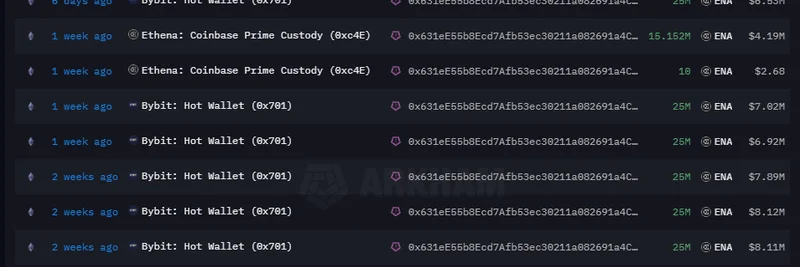In the fast-paced realm of blockchain and crypto, new concepts emerge that promise to reshape how we think about funding and investment. One such idea gaining traction is Internet Capital Markets, or ICM. Recently, the Micro Cap Gems show hosted a compelling conversation with Vibhu Norby from the Solana Foundation, diving deep into what ICM means, its potential pitfalls, and how platforms like Believe are pushing the boundaries. If you're a blockchain enthusiast or trader eyeing the next big thing in meme tokens and beyond, this discussion is a goldmine of insights.
The chat kicked off with Vibhu sharing his impressive background—he's been building companies since his teens, worked at heavyweights like Roblox and Google, raised over $150 million in venture capital, and even dabbled as a VC himself. Now, as part of the Solana Foundation, he's at the forefront of marketing efforts that bridge traditional finance with blockchain innovation.
What Exactly Is ICM?
Let's break it down simply: Traditional capital markets are where companies raise money through stocks, bonds, and other instruments, but they're often gated behind regulations, geography, and high barriers to entry—think Wall Street's exclusivity. ICM flips the script by leveraging the internet and blockchain to make these markets accessible to anyone with a connection. As Vibhu explained, the term was coined by Solana's CMO, Akshay BD, back in late 2024. It's about creating a global, open system where early-stage startups can think about tokens as a way to fund growth without the old-school hurdles.
From Solana's perspective, ICM involves tokenizing real-world assets (RWAs) like stocks or funds from big players such as Franklin Templeton, bringing billions in institutional capital on-chain. This isn't just hype—it's about unlocking permanent, long-term value. However, the community—often called the "trenches"—sees ICM differently. For them, it's embodied in fair-launch platforms like Believe, which focuses on real businesses rather than pure meme coins. Believe uses a bonding curve model where all capital added becomes liquidity, democratizing access to startup investments starting from as low as a $5K market cap.
The Believe Platform: Bridge or Meme?
A big chunk of the discussion revolved around Believe, a fair-launch platform that's shifted from meme coins to startups. Vibhu praised it for reaching outside crypto's bubble to attract non-native entrepreneurs, but he cautioned that it's more like "internet capital memes" than full-fledged capital markets. The key issue? Many promises from founders—like token utilities or equity ties—are verbal, not backed by hard guarantees. Without legal primitives or codified docs, these can lead to scams or abandoned projects, echoing past failures in NFTs or celebrity meme coins.
Vibhu stressed the need for transparency: "We have to move beyond verbal promises... Turn them into hard guarantees." He suggested innovations like foundation launchers or open-sourcing legal docs to tie tokens to equity, ensuring accountability. For traders, this means scrutinizing fundamentals—balance sheets, income, and tokenomics—before jumping in.
Examples highlighted included:
- Paragon: A gaming tools company offering 3x value discounts when paying with their token, effectively burning used tokens and creating real demand.
- Viva: A mobile network in Bolivia using tokens to give citizens access to stable money and bill payments in a devaluing currency environment.
- Drip: A collectibles platform on Solana that's minted millions in NFTs, owned by Jupiter, showing how tokens can monetize content creation.
These cases illustrate ICM's spectrum—from pure speculation to utility-driven models—but Vibhu warned that without tying tokens to actual business value, short-term jeets (quick flips) dominate over long-term investment.
Solana's Role and the Road Ahead
Solana is positioning itself as the "NASDAQ of crypto," focusing on high-performance for ICM. Vibhu noted they're working on institutional integrations but see room for growth in competing with Ethereum on RWAs. Exciting developments include tokenizing Exodus Wallet's stock directly on Solana and aiming for primary issuances from giants like OpenAI.
For meme token fans, ICM isn't ditching memes—it's evolving them. Solana wants to compete for every asset, from no-value memes to high-value RWAs, all in one place. But success hinges on self-regulation: avoiding overhype, demanding disclosures, and building primitives that attract quality capital.
If you're trading ICM tokens, Vibhu's advice is clear—focus on demand over supply tricks like burns, which rarely move the needle without real utility. Platforms like Believe are innovating, but the space needs more tools to prevent rugs and foster trust.
Check out the full discussion in the original thread for more nuances. As blockchain practitioners, staying informed on ICM could be your edge in navigating the next wave of token trends. What's your take—will ICM revolutionize funding, or is it another fleeting meta?



